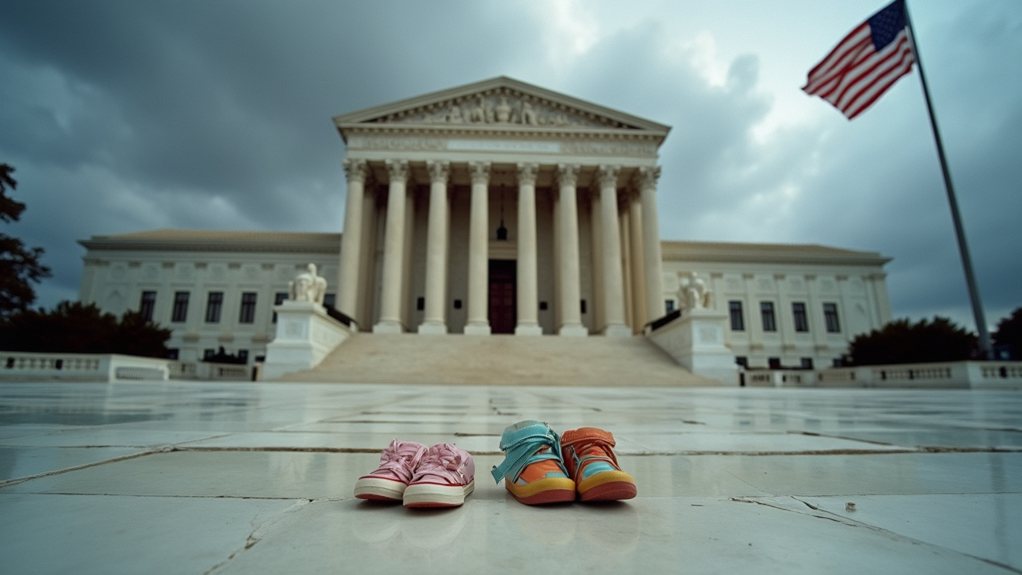Johns Hopkins University recently announced significant job cuts, eliminating over 2,200 positions worldwide. This decision marks the largest job cut in the university's history. The cuts affect 1,975 jobs across 44 countries, with 247 positions eliminated in the United States. In addition, 29 international employees and 78 domestic employees have been furloughed.
The job cuts impact several important departments, including Jhpiego, which focuses on maternal health, the Bloomberg School of Public Health, the School of Medicine, and the Center for Communication Programs. International programs across multiple schools are also affected. These areas play essential roles in health initiatives that benefit communities both locally in Baltimore and globally. The university is now facing the consequences of the termination of USAID funding, which has severely impacted its ability to operate many of these programs.
Job cuts at Johns Hopkins University jeopardize vital health initiatives in Baltimore and worldwide, impacting maternal health and public health programs.
The layoffs were driven by significant changes in federal funding. The Trump administration canceled $800 million in USAID funding, which led to the elimination of 83% of USAID programs. There have also been cuts to National Institutes of Health (NIH) grants and shifts in U.S. foreign aid policies. These changes have forced Johns Hopkins to wind down critical work, severely impacting the largest private employer in Maryland. Additionally, the university is among entities suing NIH over funding limitations due to the reduced support.
The announcement was made on March 14, 2025. U.S. employees received 60 days of advance notice, while international employees are subject to local employment laws. The university is providing support to help affected employees shift to new jobs. However, the immediate effect on ongoing projects has already begun, with some initiatives winding down gradually.
The cuts could lead to a potential loss of an additional $200 million from NIH funding. This disruption could harm health programs, including maternal and infant care, disease prevention, and clean drinking water projects.
The broader implications could devastate Maryland's economy and reduce the capacity for global health research, while also impacting other research institutions and altering U.S. leadership in global health efforts.






